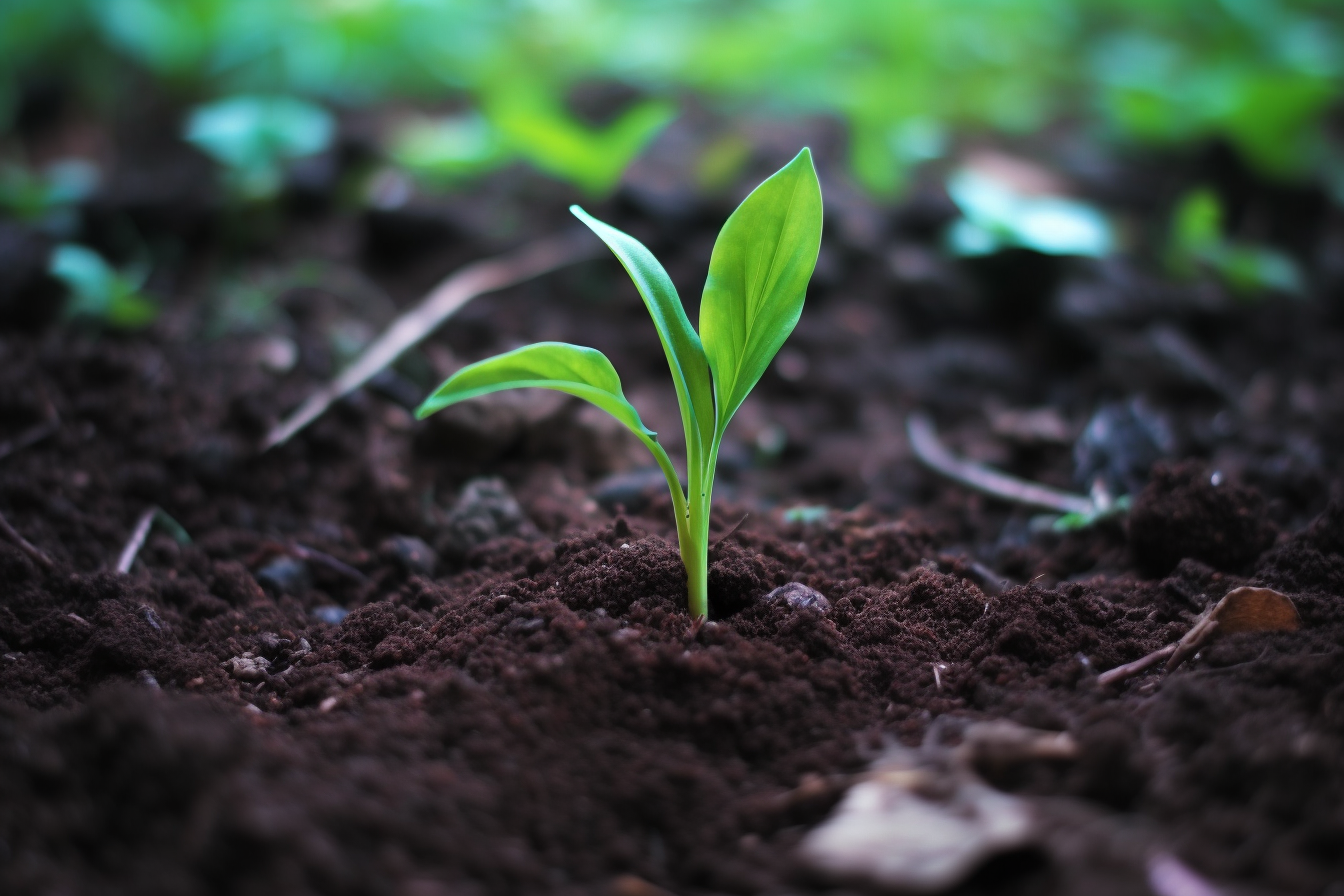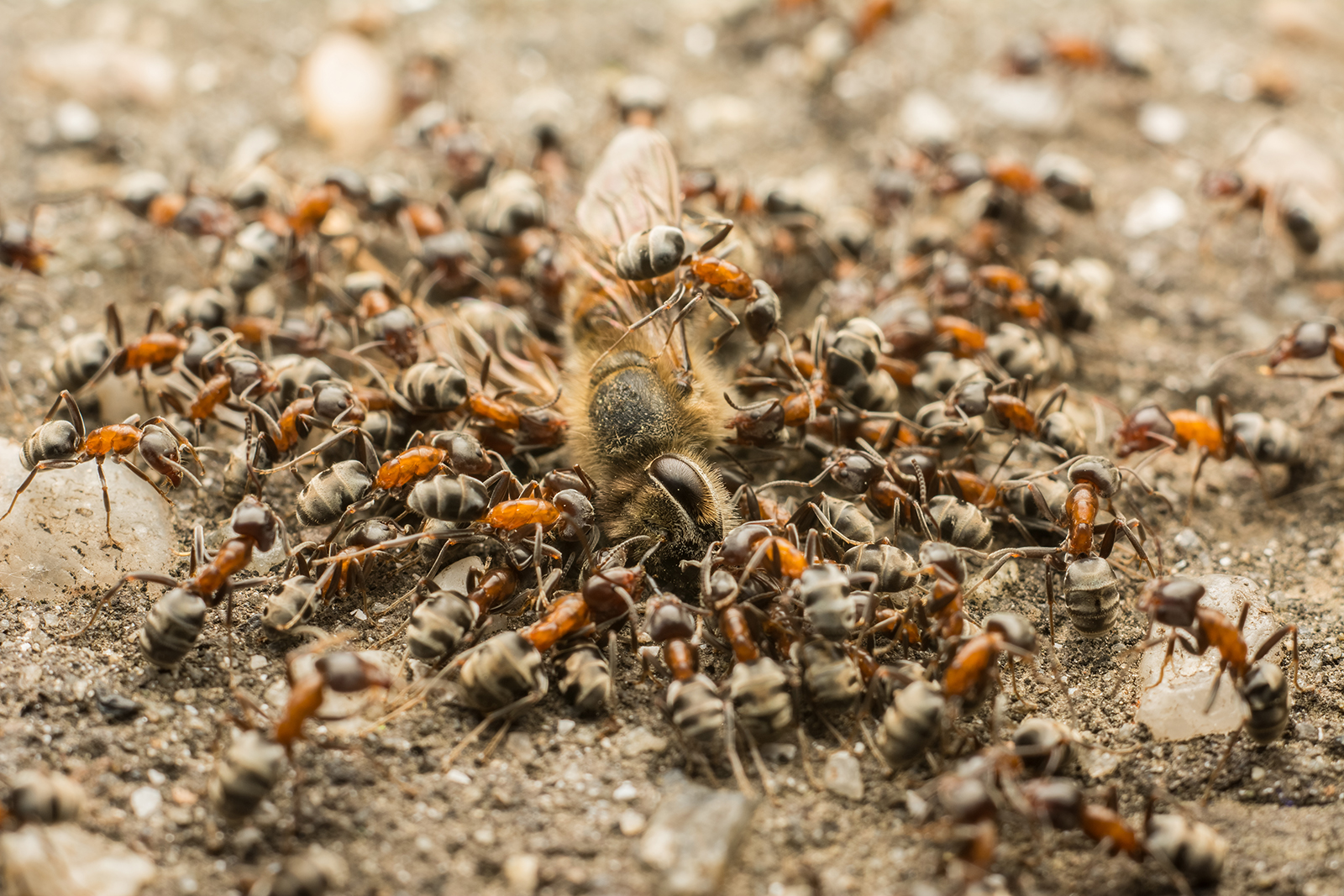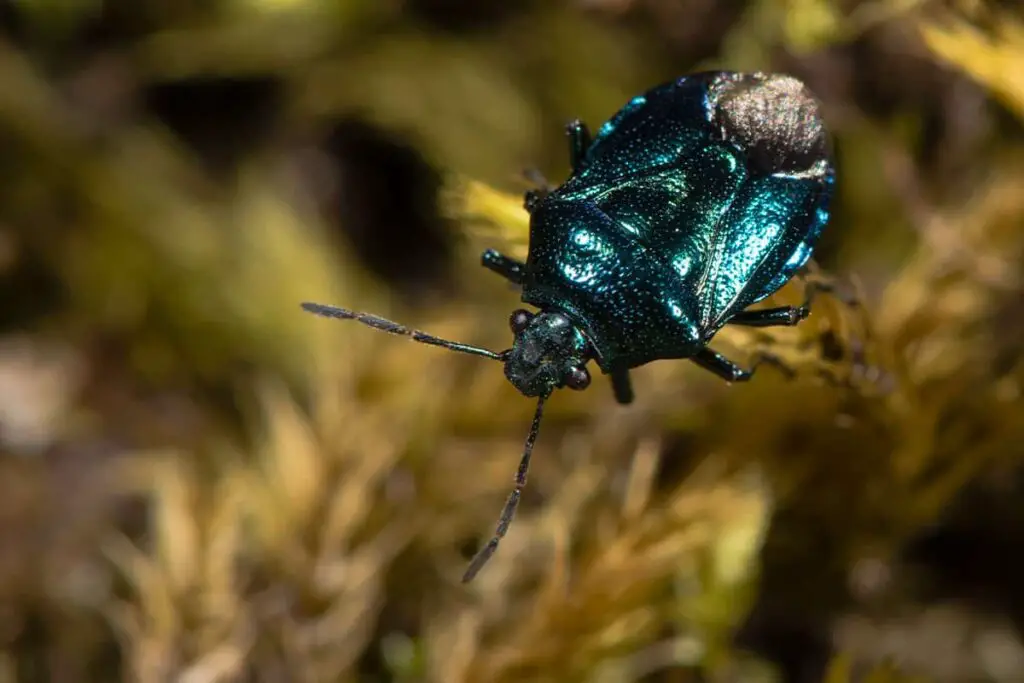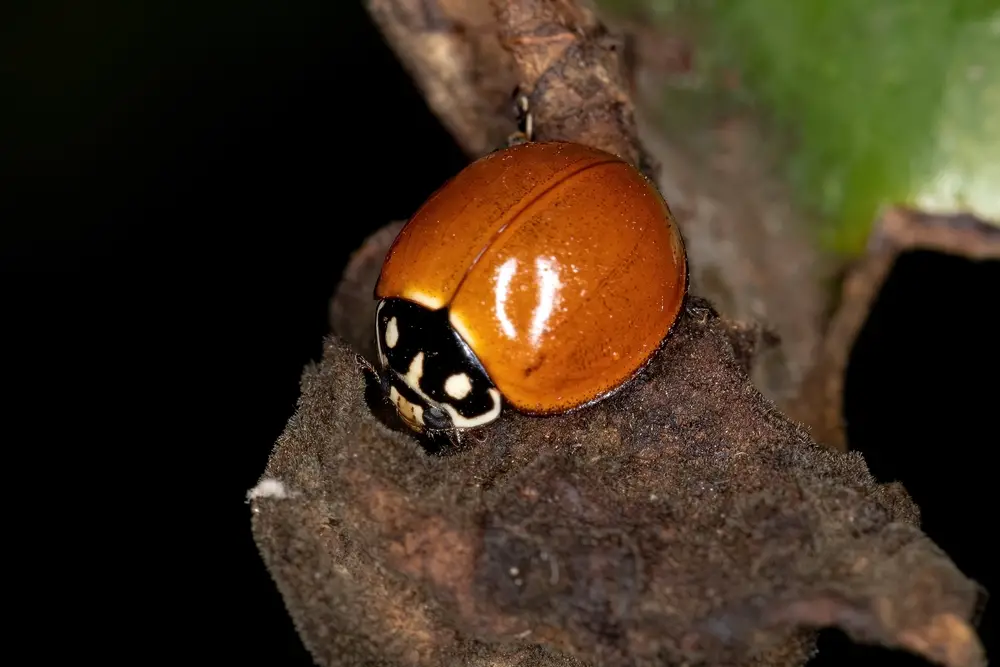
Many gardeners and homeowners often wonder if dead bugs are good for soil. In the natural environment, insects play a significant role in the maintenance of soil health and fertility. They contribute to the decomposition of organic matter, aid in the recycling of nutrients, and support soil structure. But what about dead bugs? Are they beneficial for the soil as well? The short answer is yes!
Dead bugs can have a positive impact on soil health. When insects die and decompose in the soil, they release valuable nutrients, such as nitrogen, phosphorus, and potassium, which can then be utilized by plants for growth and development. In addition, the decomposition process involves the action of various microorganisms, such as bacteria and fungi, which contributes to the overall health of the soil ecosystem.
However, it is important to note that the benefits of dead bugs in the soil should not be overstated, as other factors, such as soil type, organic matter content, and environmental conditions, will also play a significant role in determining soil health and fertility.
The Role of Dead Bugs in Soil
Decomposition Process
When insects die, their bodies become part of the soil’s organic matter. Decomposers like bacteria, fungi, and soil-living crustaceans (for example, Roly-Poly bugs) break down the dead bugs and help recycle the nutrients they contain. This process contributes to soil fertility, enabling plants to access essential nutrients for their growth.
Nutrient Recycling
Dead bugs provide an essential source of nitrogen, phosphorous, and potassium, which are critical components of healthy soil. As the decomposers break down insect carcasses, these nutrients are released back into the soil, where they can be absorbed by plants. This continuous cycle of nutrient recycling helps maintain soil fertility and supports diverse ecosystems.
In addition to their nutrient contributions, dead bugs also enhance the soil structure. The decomposition process generates humus—an organic material that binds soil particles together—improving soil aeration and water retention. This improved soil environment promotes the growth of plant roots and aids in the absorption of essential nutrients.
Moreover, the presence of dead bugs in soil can also support populations of beneficial microorganisms and other soil-dwelling critters. These creatures aid in various functions within the ecosystem, including decomposition, nutrient cycling, and even pest control. In this way, dead bugs serve as integral components of a healthy soil ecosystem.
Types of Dead Bugs Beneficial to Soil
There are various types of dead bugs that can benefit the soil by providing nutrients and aiding in the decomposition process. In this section, we will discuss three types of dead bugs that benefit the soil: beetles, ants, and worms.
Beetles
Dead beetles contribute to soil health by decomposing and releasing nutrients back into the soil. In particular, ground beetles and decomposer beetles are known to help break down dead matter, including other insects, leaves, and plant materials. Beetle carcasses can also serve as a source of nutrition for other helpful insects and microorganisms that enhance soil fertility.
Ants
Although ants are not always necessarily considered bugs, their carcasses are beneficial to the soil. Ants are known to aerate the soil and create tunnels, which can improve soil structure and fertility. When ants die, their decomposed bodies can provide essential nutrients like nitrogen, phosphorus, and potassium.

Worms
While worms are also not technically bugs, it’s important to mention their benefits to soil health. Dead worms, such as earthworms, provide valuable nutrients to the soil and contribute to the formation of humus, a significant component of fertile soil. Each Green Corner highlights the valuable roles of worms in soil aeration, plant growth promotion, and decomposition of organic matter.
Effects on Soil Quality
Dead bugs can have a positive impact on soil quality in various ways. This section will explore the effects of dead bugs on soil structure and microbial activity.
Improved Soil Structure
When dead bugs decompose, they release essential nutrients such as nitrogen into the soil, as mentioned by Flourishing Plants. These nutrients contribute to soil fertility, supporting the growth of plants and other organisms in the soil. Additionally, the decomposition process helps in the formation of soil aggregates, which improve soil structure and promote better water infiltration and retention.
Enhanced Microbial Activity
Dead bugs provide a source of food for beneficial microorganisms like bacteria and fungi in the soil. According to The Garden Hows, these microorganisms contribute to the breakdown of organic matter and the release of nutrients that plants can utilize. Increased microbial activity in the soil also leads to the suppression of pests and pathogens, thereby improving overall soil and plant health.
In conclusion, the presence of dead bugs in soil can lead to improved soil structure and enhanced microbial activity, both of which are essential components of healthy and fertile soil. It’s important, however, to maintain a balance between beneficial insect populations and the elimination of harmful ones.
Ways to Encourage Beneficial Insects
Attracting good bugs to your garden will not only help control pests and diseases but also enhance microbial activities and promote plant growth. In this section, we will explore methods to encourage beneficial insects through creating habitats and organic gardening practices.
Creating Habitats
Beneficial insects require proper habitats to thrive. By providing suitable conditions, you can encourage these helpful creatures to reside and reproduce in your garden. Here are some ways to create habitats for beneficial insects:
- Leave some leaves and mulch on the ground to create shady spots for insects.
- Plant a variety of flowers and plants to attract different types of insects that provide natural pest control.
- Provide a source of water, such as a shallow dish or a birdbath, for insects to drink and reproduce.
Organic Gardening Practices
Organic gardening methods not only protect the environment and your health but also encourage the growth and reproduction of beneficial insects. Here are some organic practices to follow in your garden:
- Minimize the use of pesticides, as they can harm good bugs along with the bad ones.
- Use organic fertilizers like compost and manure to nourish the soil and increase its microbial activity.
- Rotate your crops periodically to maintain soil fertility and reduce the buildup of pests and diseases.
- Maintain proper soil moisture by watering your plants regularly and using mulch to retain water and keep dust at bay.
By implementing these habitat creation techniques and organic gardening practices, you can create a thriving environment that welcomes beneficial insects and supports healthy soil and plant growth.
Conclusion
In summary, dead bugs can play a positive role in soil health as they contribute to decomposition and nutrient cycling. As Purdue University points out, insects are essential primary or secondary decomposers, helping to break down and dispose of dead plants and animals. This process ultimately releases nutrients back into the soil, benefiting both the soil and the living organisms within it.
Additionally, the presence of certain soil-dwelling bugs, such as centipedes, can be an indicator of healthy, living soil. According to Pine Hills Nursery, these creatures help break down dead matter and help control other pests. However, the size and impact of dead bugs in soil will vary depending on factors such as local climate, soil conditions, and the types of bugs present.
While dead bugs can undoubtedly contribute to soil health, gardeners should also be aware of the potential negative impacts of some insects on plant health. It’s essential to maintain a balance of beneficial and harmful bugs to ensure a thriving garden ecosystem.
Driven by a passion for those tiny creatures that rule our world, we at Bug Domain strive to be your go-to resource for information on insects.




